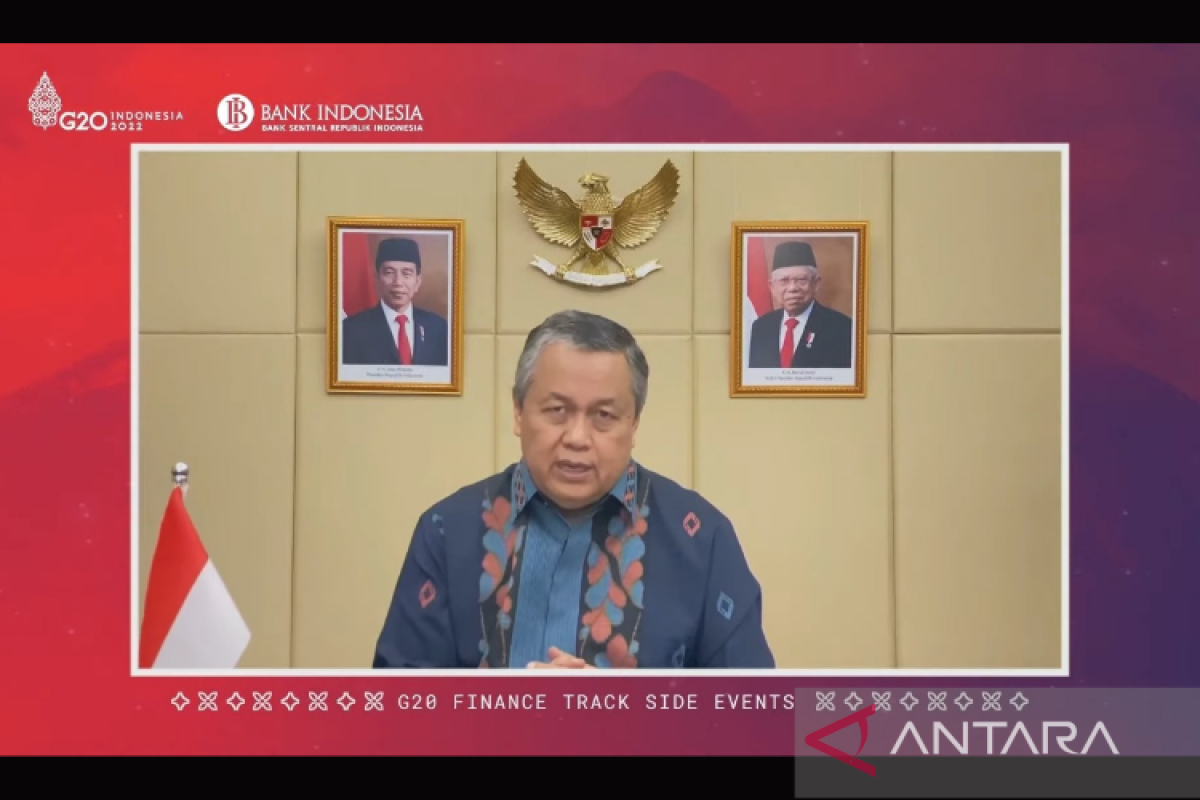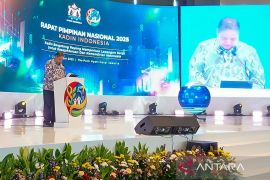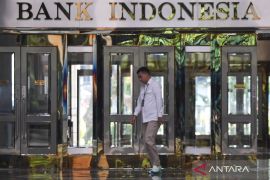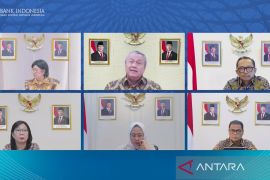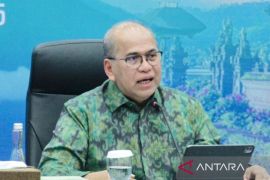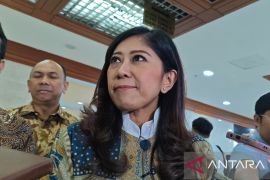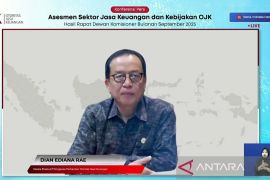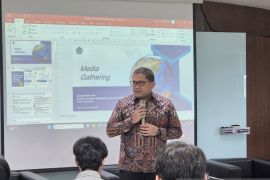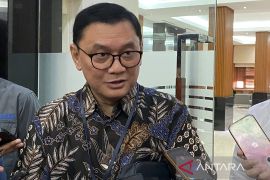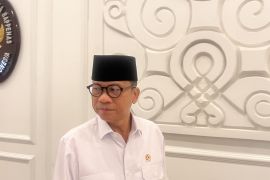"It is important to build a sustainable financial instrument ecosystem," Warjiyo said at a G20 side event in Jakarta on Friday.
The availability of green money market instruments, inclusive and green financing for MSMEs (micro, small, and medium enterprises), as well as sustainable Islamic economy and finance, have become an important part of BI's efforts to support the development of a green ecosystem in Indonesia, together with the relevant authorities, he added.
The authorities must provide supporting measures, both incentives and disincentive policies, and work closely with stakeholders to build resilient infrastructure, including green taxonomy, verification services, green certificate issuers, and green rating services, he said.
Related news: Public, private sectors grappling with accessing finance instruments
Meanwhile, banks and corporations, as big players in the financial sector, must work together to achieve lower carbon emissions for mitigating climate change risks, he added.
"Improvement of green instruments and investment can play an important role in driving progress towards a sustainable and green economy, as well as support inclusive economic growth," Warjiyo stressed.
According to him, investment in green financial instruments aimed at green energy, green transportation, green buildings, among others can create new sources of economic growth and job opportunities.
This can assist the transition to a more sustainable economy and finance and lower greenhouse gas emissions, in keeping with the 2030 Paris Agreement and the United Nations' Sustainable Development Goals, he said.
The Financial Services Authority (OJK) is supporting the development of green and sustainable finance instruments in Indonesia and has observed some improvements, OJK's system stability deputy commissioner, Agus Edy Siregar, stated earlier.
"This development (of green and sustainable finance instruments) has started to improve and to this day, within the G20, the topic of green economy has become a key matter to be discussed globally," he noted.
Siregar highlighted several sustainable finance instruments that have been unveiled so far.
They include green bonds worth Rp32.1 trillion, sustainable financing or loans worth US$55.9 billion, and blended finance of US$3.27 billion spread across 55 projects, he noted.
"It should be noted that this data came before we adjusted the Green Taxonomy that has been recently unveiled," he elaborated.
According to Siregar, several challenges exist in issuing green instruments, such as lack of incentives to issue green bonds or finance in the green sector.
This is due to the need for additional procedures to verify or determine whether a certain sector is green, he explained.
Related news: Need for corporate financing in January still high: BI survey
Translator: Agatha O, Azis Kurmala
Editor: Rahmad Nasution
Copyright © ANTARA 2022
